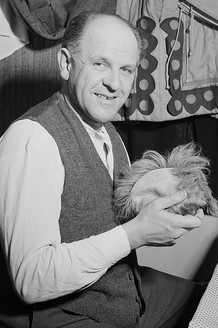
Alfred Rasser (29 May 1907 – 18 August 1977) was a Swiss comedian, radio personality, and stage and film actor who starred predominantly in Swiss German-language cinema and television and stage productions, but he was also known for the role of Theophil Läppli, a parody on the Swiss militarism. Born and raised in Basel, Canton of Basel-Stadt in Switzerland as son of Berta née Stump and Emil, Rass...
Explore all movies appearances

No plot available for this movie.

The women of a Swiss community finally want to achieve equal rights. At the top of the uproar is the midwife Spyri, who does not want to be married by the head of the district, Stirnimann. They succeed in abducting the head of the community and using his former lover in his place.

No plot available for this movie.
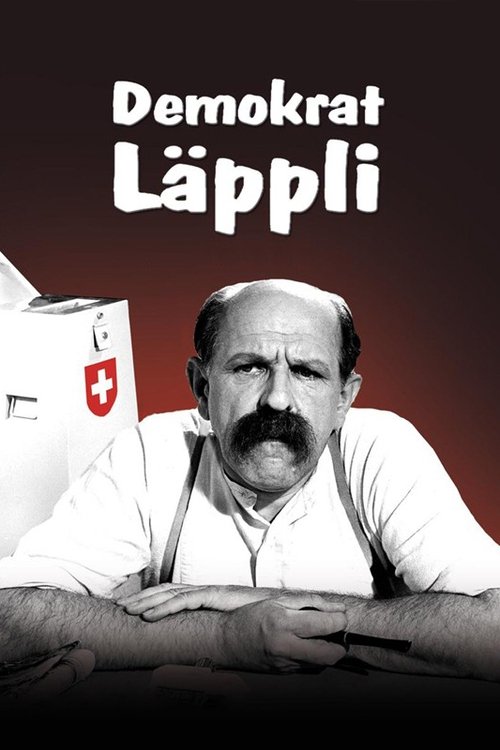
Theophil Läppli is a swiss patriot, who after a trip to Greece tries to recover the democratic roots of Switzerland. With much enthusiasm and idealism he's discovering, that corruption and greed are wide spread in his beloved country. This is the second movie about Theophil Läppli after HD-Soldat Läppli (1959).
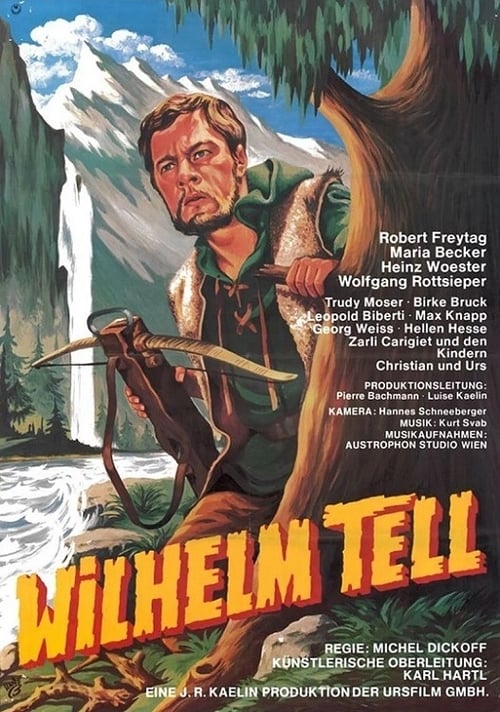
Gessler, the Rütli Oath, the apple shot, the Hollow Lane: the deeds of Swiss national hero William Tell in his fight against tyranny and violence in 1291. Based on Friedrich Schiller's drama and Aegidius Tschudi's chronicle.

War mobilization in 1939: the clumsy Läppli, a loudmouth and busybody, is imprisoned for anti-military speeches. When he is later promoted to officer's orderly, he continues his mischievous behavior. He acts without suspicion, comes across as slightly dim-witted, a silly simpleton, talks nonsense and, in his harmless naivety, repeatedly creates situations that make us laugh at the malice of chance or stubborn militarism. His environment, the officers' staff area, is portrayed with irony, but without malicious scorn.
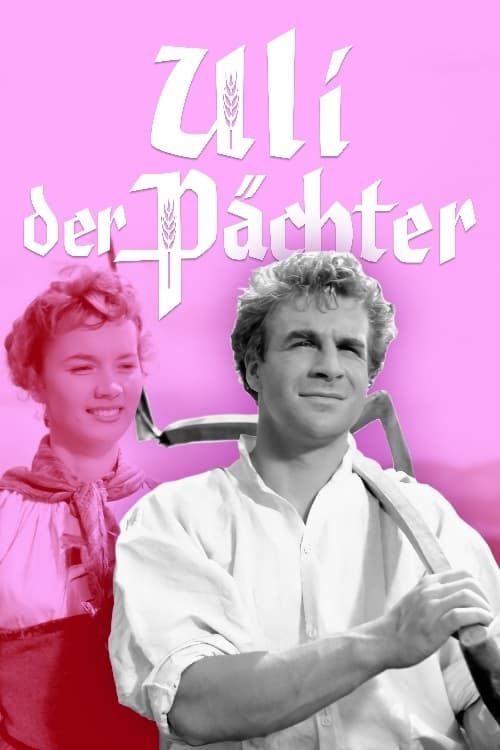
Uli has been the tenant of the "Glunggen-farm" for two years. His wife Vreneli gave him two children and the couple is happy. But this year, the harvest looks bad and his landlord calls in the rent, as the old man urgently needs money to satisfy the demands of his son and stepson. Desperate to make ends meet, Uli fraudulently sells a cow knowing that she does not produce any milk. He is pursued in court but is acquitted. But then, the buyer curses him... and disaster promptly strikes.
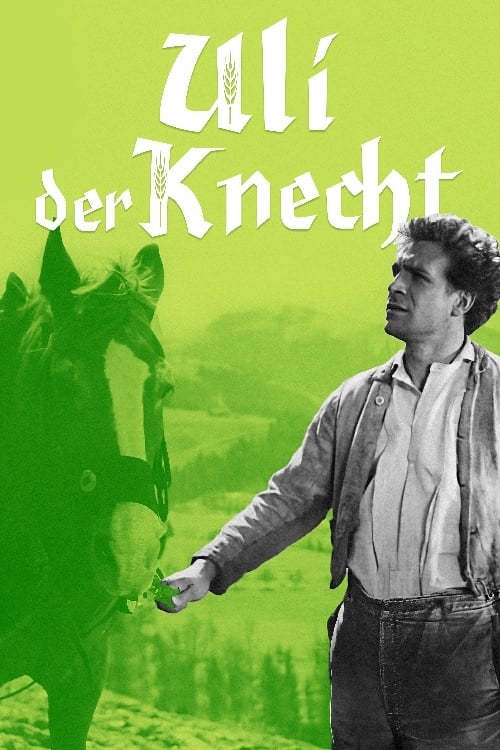
The film traces Uli's progress from his humble peasant surroundings to the homes of the wealthy and prominent. The characterizations are convincing, and the comic interludes surprisingly subtle and believable for a Swiss film. The no-star cast doomed Uli Der Knecht from the start so far as American distribution was concerned. It was another matter in Switzerland, where the film was one of the year's top moneymakers. Uli der Knecht was based on a novel by Jeremias Gottbelf.

No plot available for this movie.
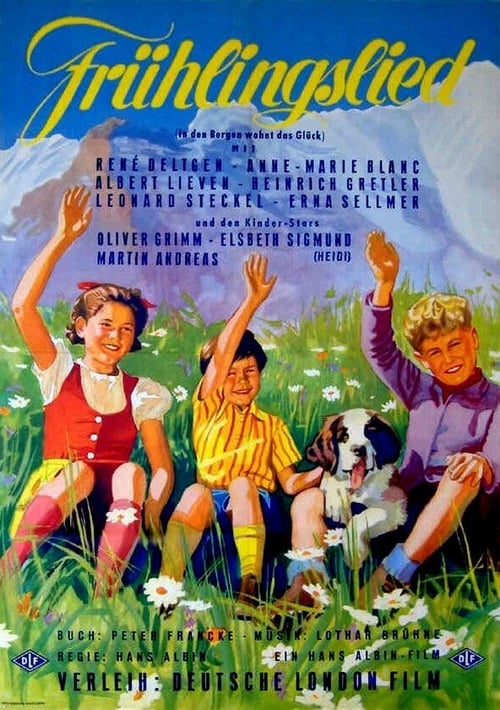
At the age of three, little Wolfgang has lost his parents. Since then his uncle Eduard raises the boy. As a former concertmaster Eduard has recognized how gifted his nephew is and the boy learns the hard way. The 6-year-old must practice daily 6 hours at the piano and already impresses at famous music parties. When Eduard Fabricius breaks a leg after a concert in Lucerne and must go to the hospital, he can be persuaded by a pediatrician to grant some carefree vacation weeks in a manor for Wolfgang. The manor belongs to the young widow Elisabeth who soon grows very fond of the little boy. Wolfgang makes friends with 11-year-old Heidi and Jöggi, a boy his age who first saw a rival in him...
Subscribe for exclusive insights on movies, TV shows, and games! Get top picks, fascinating facts, in-depth analysis, and more delivered straight to your inbox.